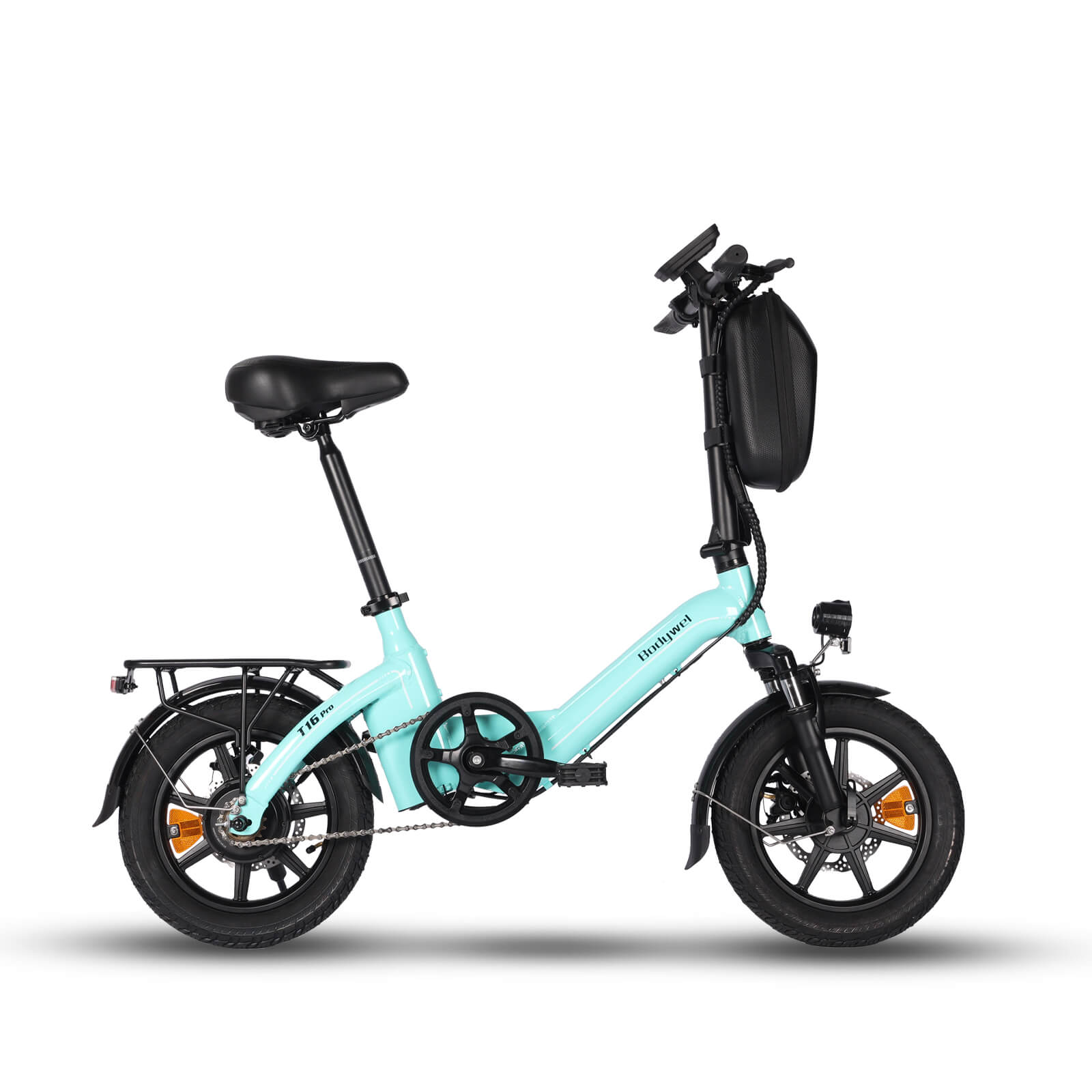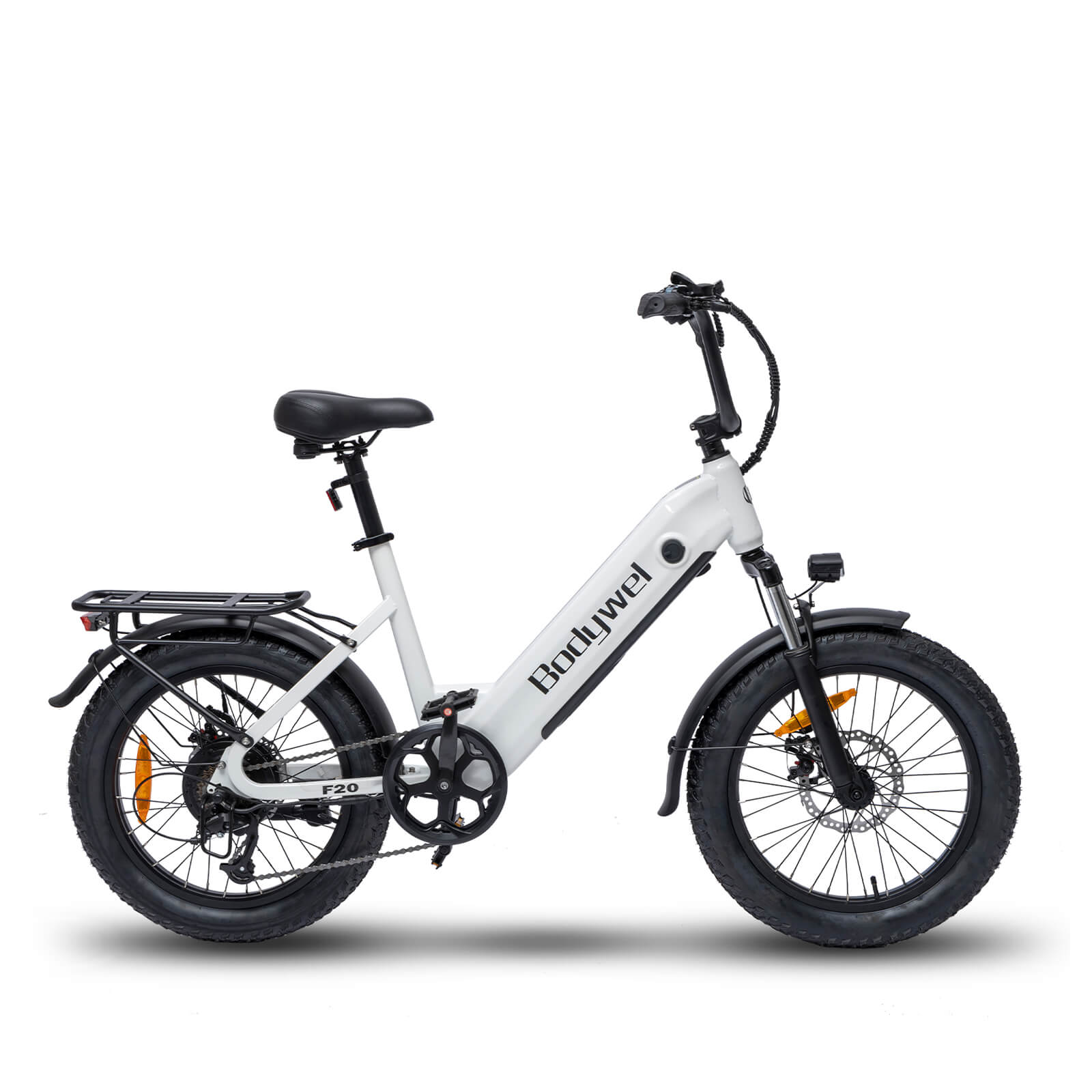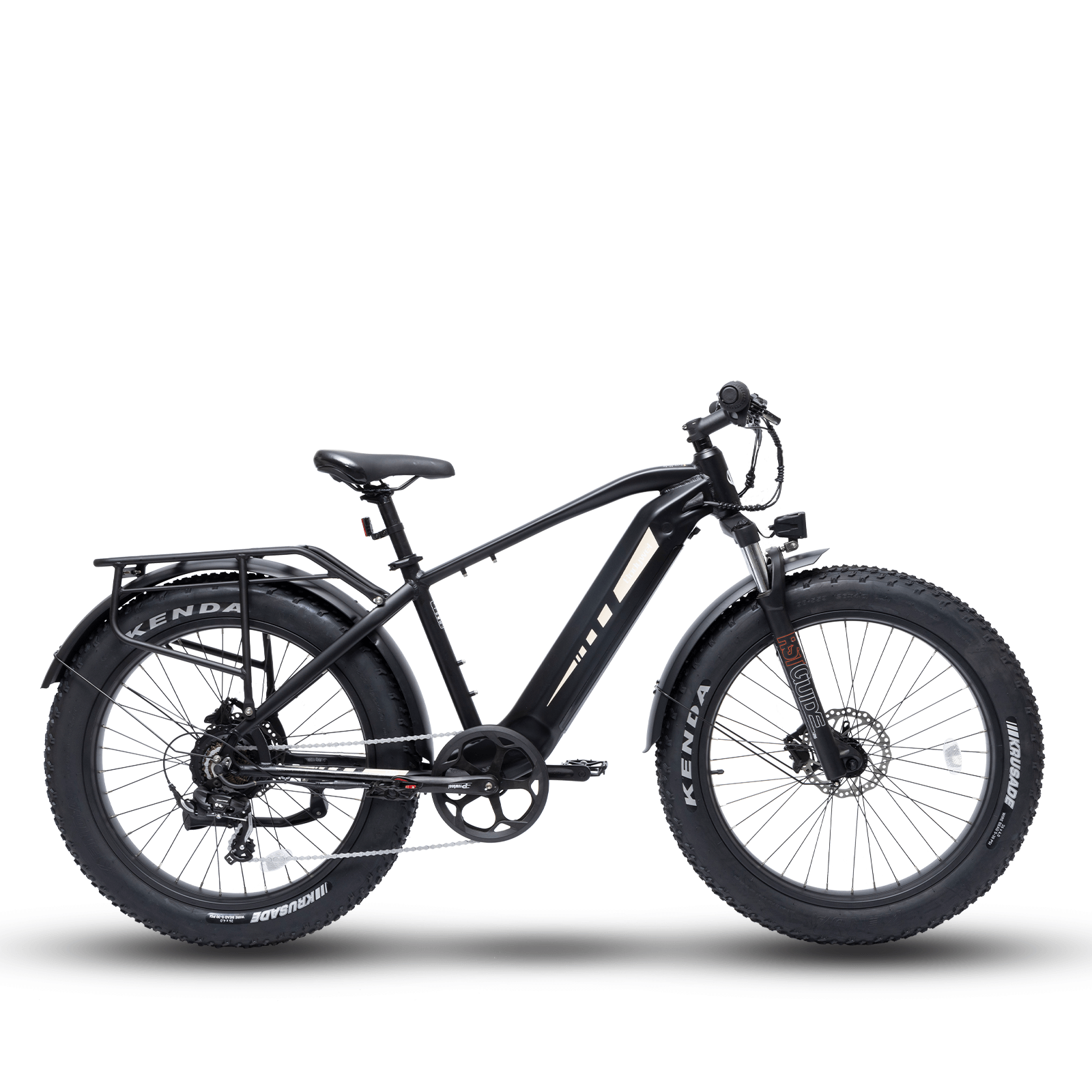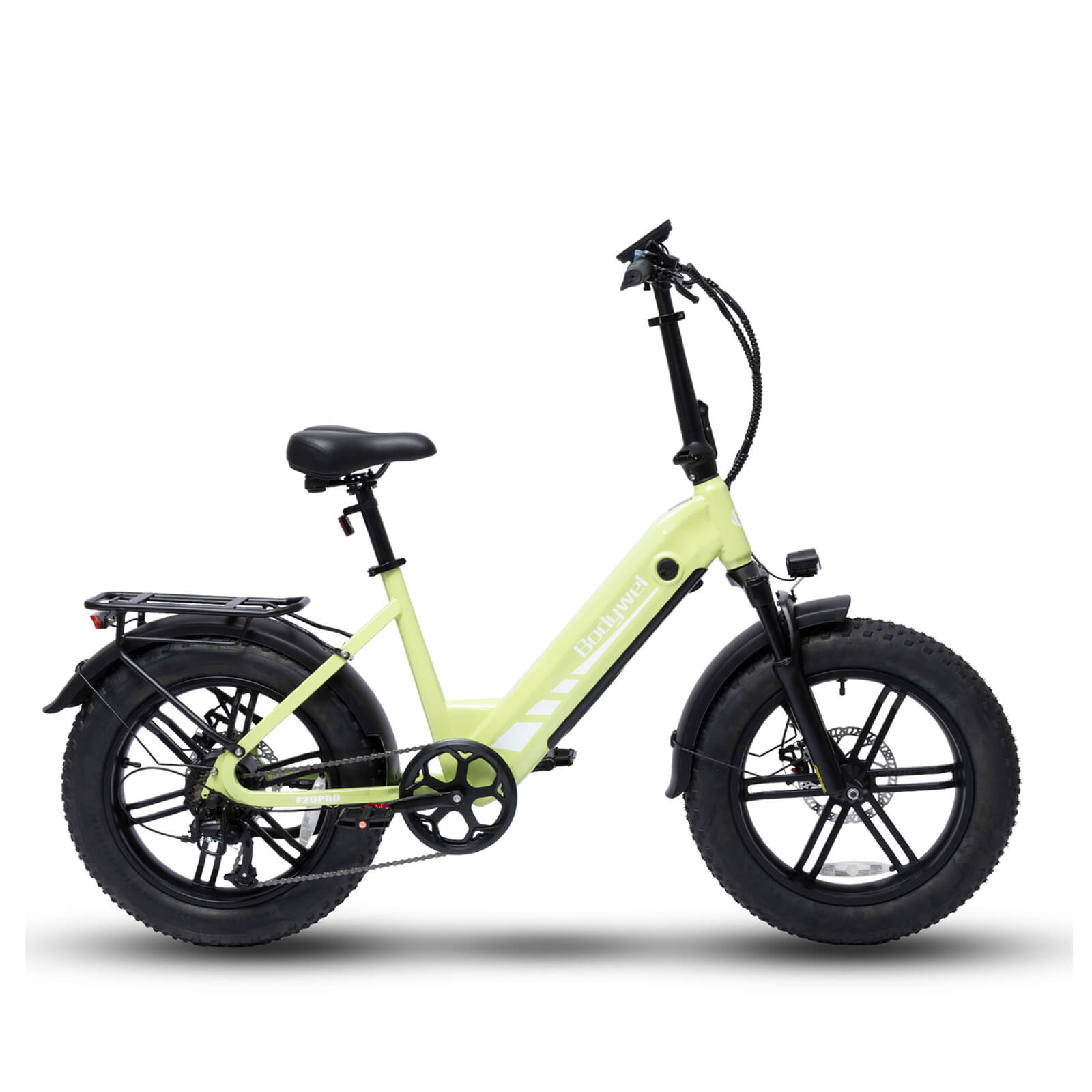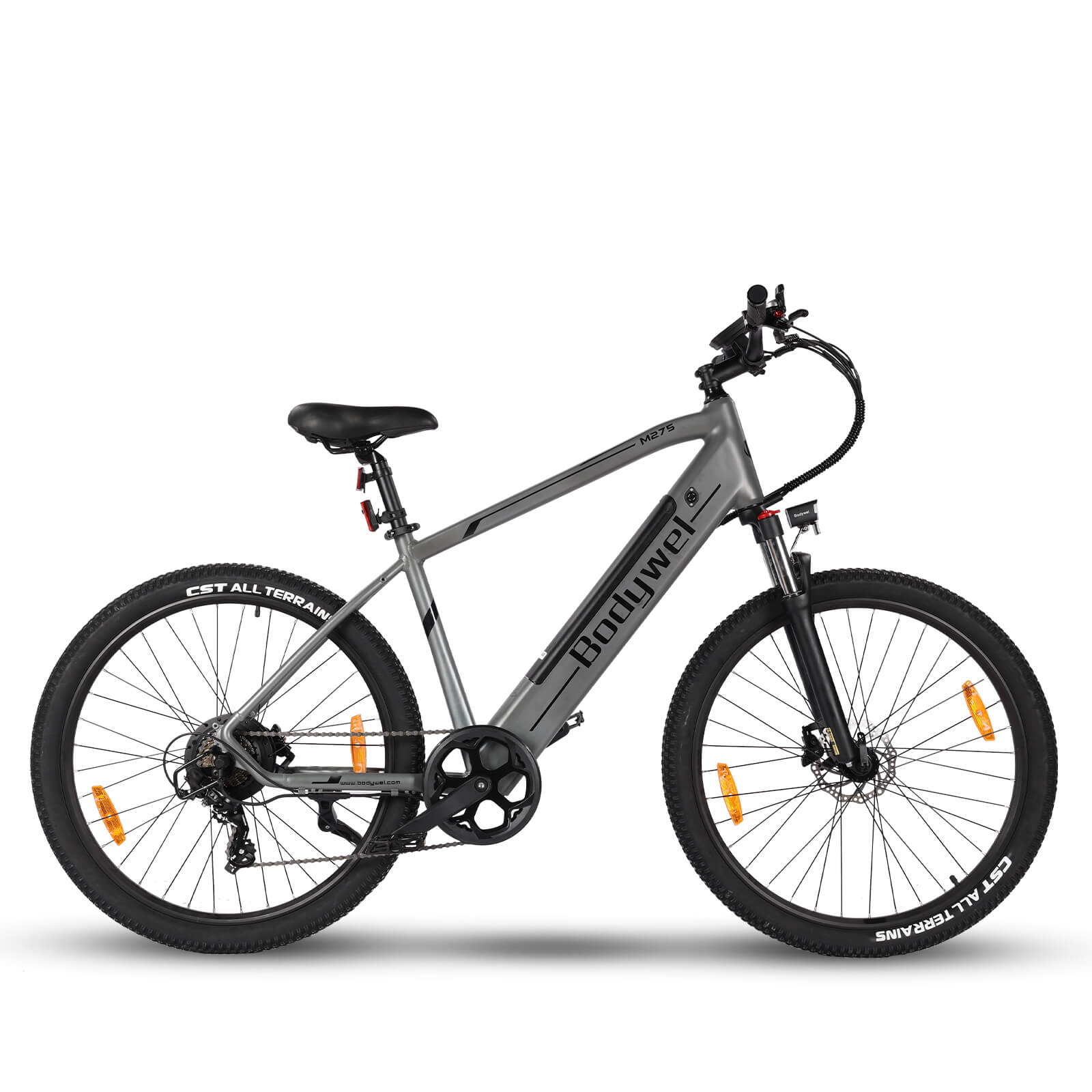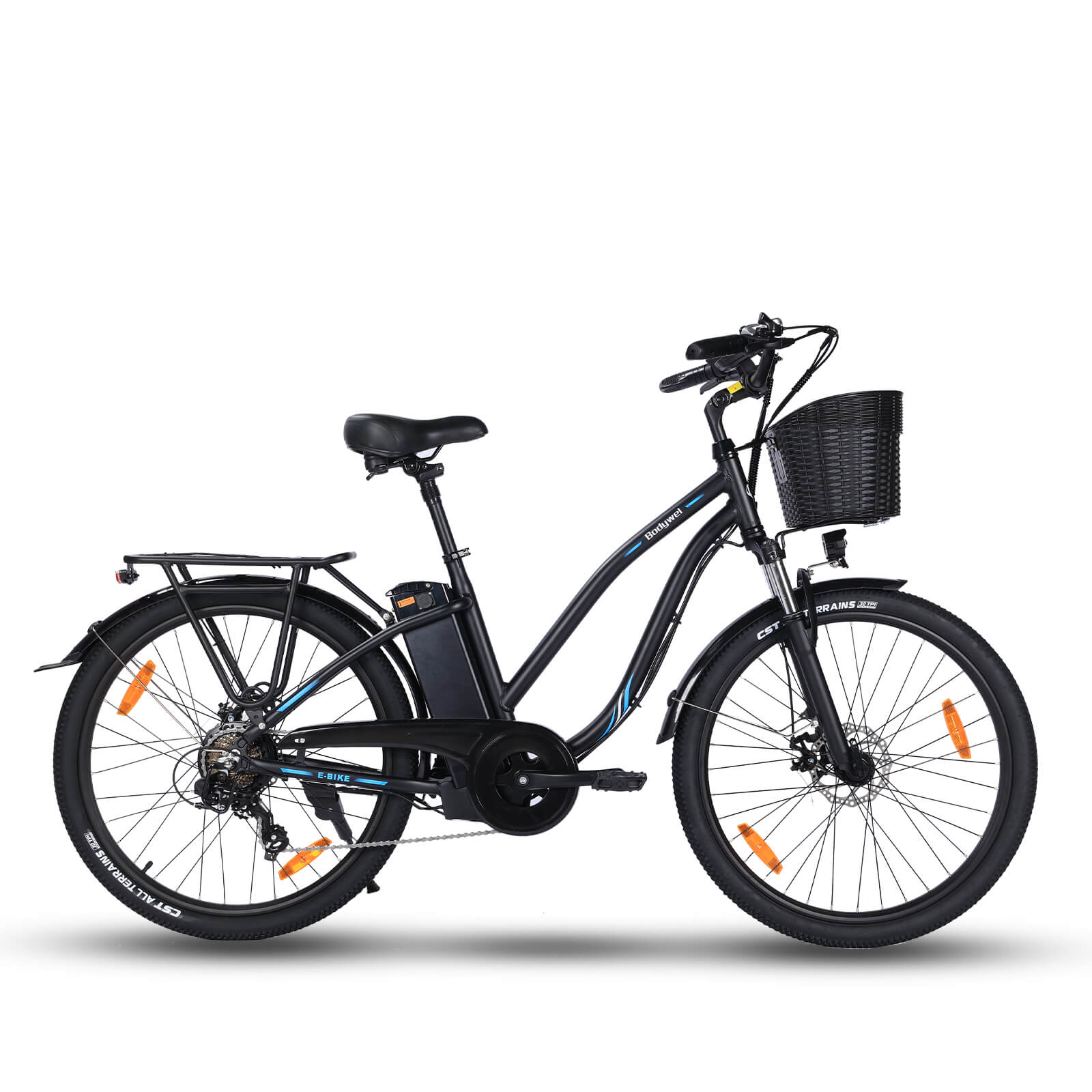5 Must-Know Benefits of a Small Foldable eBike for Urban Commuters

Small foldable electric bikes are transforming urban travel by merging portability, efficiency, and environmental consciousness. This article details five major benefits of these compact vehicles, from their space-saving design to their economical operation.
Compact and Convenient: Perfect for City Life
City residents are increasingly choosing portable electric bikes for their space-efficient design. Unlike standard bicycles, a collapsible model can fold down to a compact size in seconds, making it perfect for small apartments or office storage. Many models measure less than three feet when folded, allowing them to fit easily under a desk or in a car trunk.
Their compatibility with public transport adds to their appeal. Commuters can board trains or buses without the restrictions usually placed on full-sized bicycles. This flexibility elegantly solves the "last-mile problem" – the challenge of closing the gap between transit stops and final destinations.
Cost-Effective Transportation Solution
When comparing operating costs, lightweight folding electric bikes significantly outperform cars and ride-sharing services. The average electricity cost for a single battery charge is remarkably low, while fuel and parking expenses for cars accumulate quickly in urban settings.
Maintenance is equally economical. With fewer moving parts than a car and no need for insurance or registration in most areas, these bikes represent a financially smart choice. Many users report saving a considerable amount of money each year compared to driving.
Eco-Friendly Alternative to Traditional Commuting
Foldable electric bicycles produce zero direct emissions, making them an environmentally superior choice to gas-powered vehicles. Research indicates that switching from a car to an e-bike for daily commutes can drastically reduce an individual's annual carbon footprint.
The sustainable benefits extend beyond just emissions. Their energy-efficient design requires minimal electricity, and many producers now incorporate recycled materials in their construction. Some cities even encourage e-bike adoption through incentive programs.
Seamless Multi-Modal Commuting
The ability to integrate compact electric bikes with other transport systems creates unparalleled commuting flexibility. Riders can easily combine cycling with trains, subways, or buses, completely avoiding the parking challenges faced by conventional bike owners.
This hybrid approach is especially valuable in cities with extensive public transit networks but limited first- and last-mile solutions. Many transit systems now welcome foldable bikes during all operating hours, even when standard bicycles might be restricted.
Health and Fitness Advantages
While providing electric assistance when needed, these bikes still offer significant physical activity benefits. Riders can choose pedal-assist modes for exercise or use a throttle-only operation when tired—a versatility that promotes consistent use.
Regular electric bike commuting contributes to cardiovascular health without the intensity of traditional cycling. Health organizations recognize this activity as moderate exercise, making it accessible to people of various fitness levels while still providing an effective calorie burn.
- Tag: compact electric bike foldable electric bicycle portable eBike small foldable eBike urban commuter bike
0 commenti




